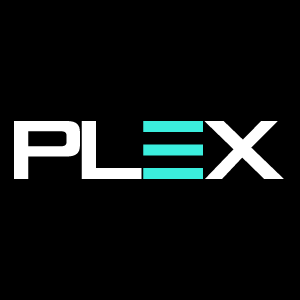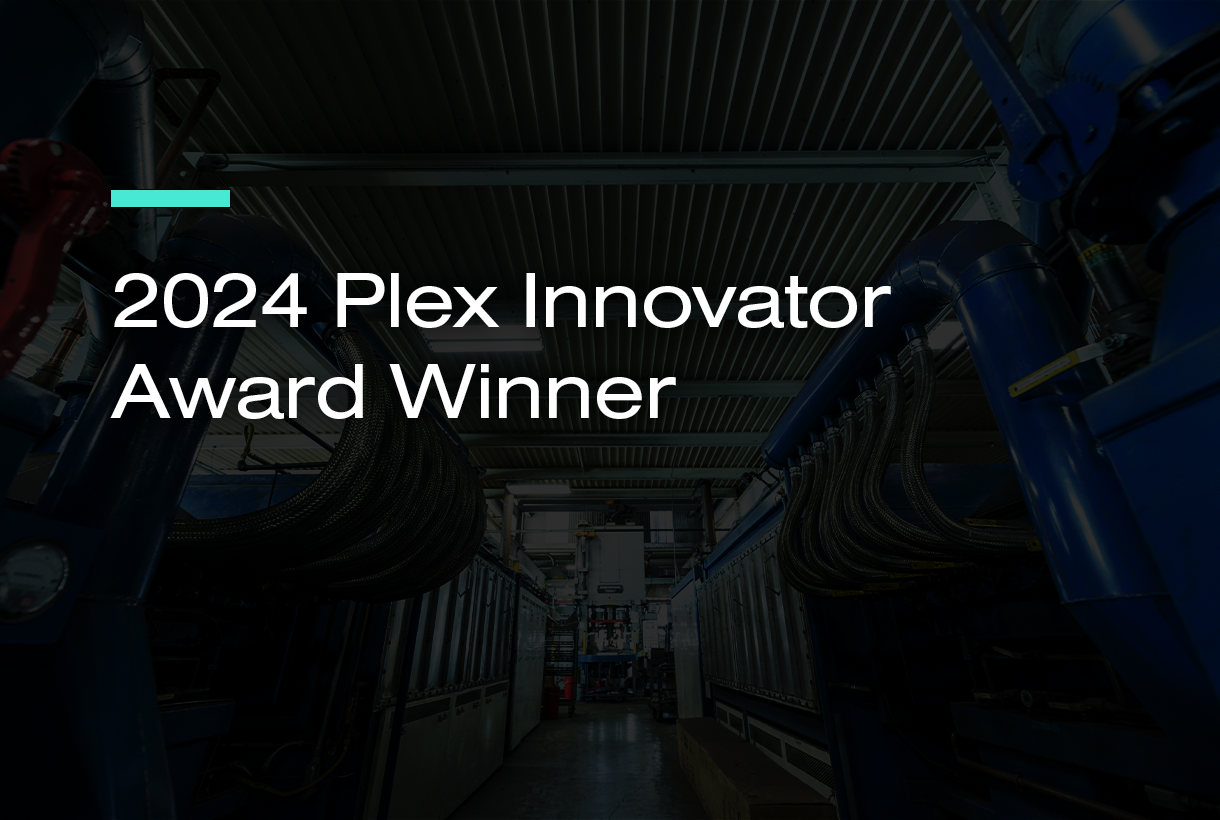

Now Available!
Get your copy of the 7th Annual State of Smart Manufacturing and hear from 300+ manufacturers in this new survey report!
Subscribe to Our Blog
For a monthly digest of expert insights, data points, and tips like the ones in this article.
Manufacturers inevitably begin with operational efficiency, cost reduction, and process improvement during the foundational stages of a digital journey. Beyond that, the tendency is to retain vestiges of traditional thinking that “wall off” other functional areas as separate from the production focus.
Among those areas are departments like demand and supply planning, inventory, and quality. However, with the powerful tools a smart manufacturing platform provides, critical functions like demand and supply planning, inventory optimization, and quality need not be considered separate entities.
Instead, such platforms provide digital building blocks that allow integrated software systems to work seamlessly. Quality and production management are intricately linked as part of the same process using real-time data and advanced analytics to improve performance.
How Digital Tools Drive Quality
Digitization allows managers to gain complete visibility over their operations. This holistic view means that areas formerly considered separate are now analyzed using the same production data and real-time analytical insights as the production floor.
Traceability
These digital tools allow processes to be traced accurately and in real time, where analysis may reveal a quality issue previously overlooked. Because a smart manufacturing platform standardizes data across the enterprise, managers can quickly identify problems as or before they occur.
This reality allows them to analyze root causes early to correct quality problems with less waste and scrap and lower cost impact. This link between production and quality drives higher efficiency and greater first-quality throughput, a state impossible in traditional manufacturing where these two areas were separate and often in contention.
Compliance
Every industry must meet some regulatory and compliance requirements. But for industries like automotive, aerospace, and food and beverage, these compliance regulations can result in multiple layers of requirements that change rapidly, outpacing the human ability to keep up without risk of error or delay.
When digital tools like an advanced MES and QMS are used together, they link production and quality in real time, and traceability can be automated. Regulatory audits and compliance regulation changes can be instantaneously utilized in real-time floor conditions. Managers can see the effects and address quality problems as they arise or head them off beforehand.
In the case of the dreaded recall, accurate and real-time traceability can significantly de-risk manufacturing and make the difference between proactively addressing a problem and exposing a company to significant liability.
Build Your Own Culture of Quality
Digital building blocks utilize tools that allow companies to build their own efficient and data-driven culture of quality. This includes improving collaboration and communication so the entire operation understands the quality level the company seeks.
It also means ownership of each person’s role within the organization and what the expectations are. As each person is involved in the entire quality process, that ownership is ingrained in the culture.
This level of communication, collaboration, and ownership to build a quality culture is enabled by the digital tools available within a smart manufacturing platform and its software. Here, the real-time nature and actionable analytical insights empower that culture to take root. Because the enterprise has complete visibility, systems are synchronized, staff can act using current information, and silos and traditional barriers are removed.
A Culture of Quality Requires Leadership
The digital building blocks that transform manufacturing operations don’t happen in a vacuum.
They require strong leadership.
That means buy-in at the top to help drive buy-in across the enterprise.
Digital tools offer these leaders an opportunity for better decision-making. Driven by data and analytics, managers have a more granular understanding of what is happening and why it is happening. They can leverage those decisions to produce results that encourage others to buy into the system and plant the seeds of a culture of quality.
As more and more team members recognize the benefits, that quality culture begins to embed itself into the company culture, so the entire production process is seen as inseparable from quality, planning, inventory, and other formerly isolated islands.
Embracing Digital Tools for Transformation
As a leader within manufacturing, you can create a culture of quality and lead your teams to unprecedented success. To learn more about how smart manufacturing and our suite of software solutions will merge quality and production to empower your leadership and build a genuinely influential culture of quality, contact us.

